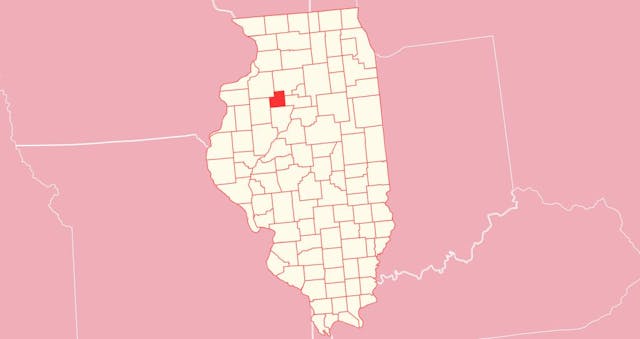Rehabs in Stark
Stark County is one of the smallest regions in Illinois, US. It was formed in 1839. Toulon is its seat. According to the census, the population was 5,294 in 2021.
As statistics show, the province registered overdose cases in 2021. However, residents should find treatment for substance addiction because of the lack of Stark County rehabs.
Drug and Alcohol Evaluation
The degree of dependence differs depending on how long and often a person uses substances. This can only be determined through a complete evaluation.
In reality, it consists of several stages. The primary thing is the interview. Here, clients must present the causes of addiction and abuse, the frequency, and data about their health. They may also tell other data, such as education, work, family, and financial situation.
Depending on the answers, persons are either referred to one of the stages of cure or will be conducted an even more in-depth evaluation. Those are drug screening and various tests.
Treatment is effective if the assessment is done correctly.
Rehab Programs in Stark County
Drug and alcohol healing programs are necessary for each region. Yet, there are no rehabs in Stark County. In this case, residents have to find treatment in other provinces.
Detox
The substance abuse recovery process consists of several stages. After an evaluation, doctors may refer people to a detox program. It facilitates treatment to the extent that it cleanses the body of alcohol and drugs.
However, depending on the abilities of a person, many of them may experience stress due to withdrawal symptoms. For this purpose, people should undergo this process in a hospital setting.
Inpatient (IP)
When addiction is severe, people participate in IP or residential care. It is considered long-term because it lasts 30-60-90 days. In addition, it is the program with the densest services.
The main goal of this phase is to help patients prevent relapses and cravings for substances. People study to maintain sobriety for a long time.
It includes:
Group and individual therapy
Counseling
Medical-assisted treatment (MAT)
Cognitive behavioral therapy
Evidence-based practices
Recreational therapies
Partial Hospitalization (PHP)
PHP is designed for those struggling with addiction and a specific mental health disorder. However, to take part in this care, they must be able to maintain sobriety since they spend evenings and weekends at home. In addition, patients must have a caregiver at home.
Intensive Outpatient (IOP)
IOP is less structured than PHP and more flexible than PHP. In this way, individuals may gradually resume their regular duties, such as jobs, school, and other commitments.
People attend in-person and group therapy and counseling meetings. IOP offers addiction education for families. Members get evidence-based practices throughout their recovery journey.
Outpatient (OP)
OP is the last step of substance use dependence. It is available for those whose addiction is not severe and who can control themselves. That is, they can still continue work, study, and take on their responsibilities.
Patients participate in group counseling and therapy one or two days per week. They also have an in-person meeting with a counselor one day a week.
Payment Options Without Insurance
Clinics accept different payment options, including cards, cash, or checks. However, these means are expensive. For that reason, people can use Medicare and Medicaid.
Moreover, some facilities will conduct financial agreements. They will allow clients to make payment monthly. Some centers may suggest a sliding fee scale based on income.
Forcing Teens Into Rehabilitation
Occasionally, the province does not hold rehab programs available for teens. In this case, parents might look for alternative ways to assist their children. They can contact specialists remotely. It eliminates the need for minors to enter cure programs in faraway locations. They will get assistance from the doctors in other ways.

